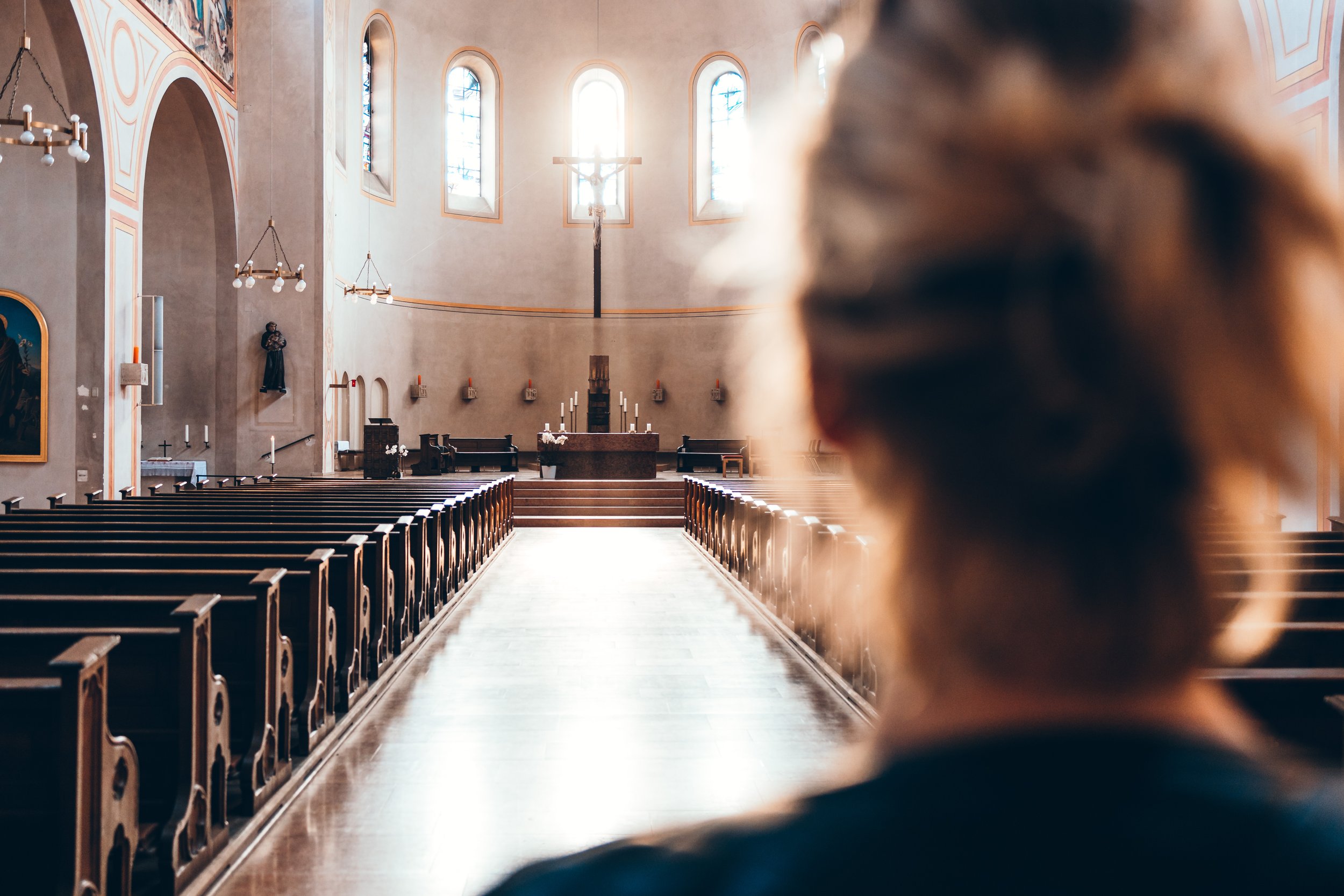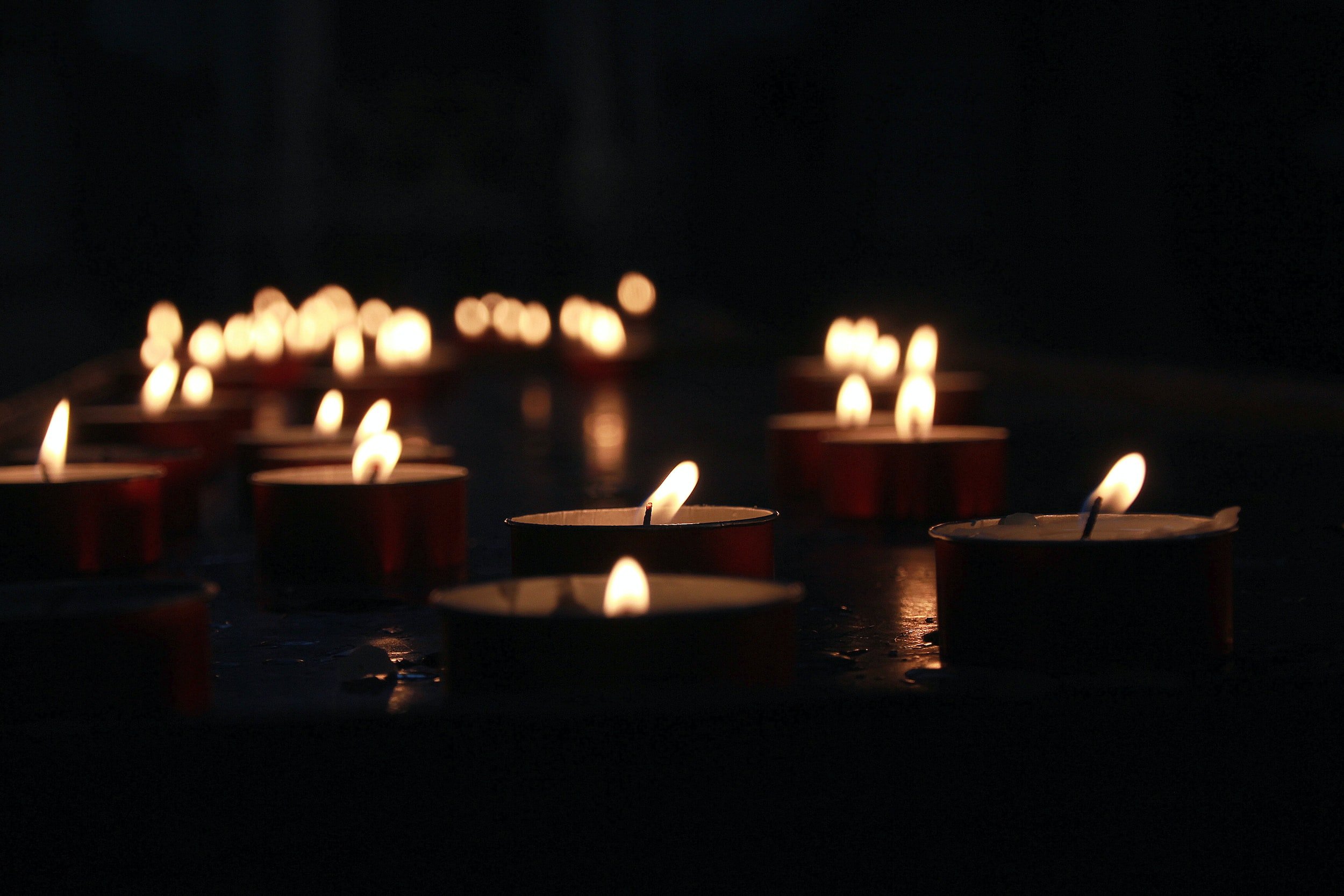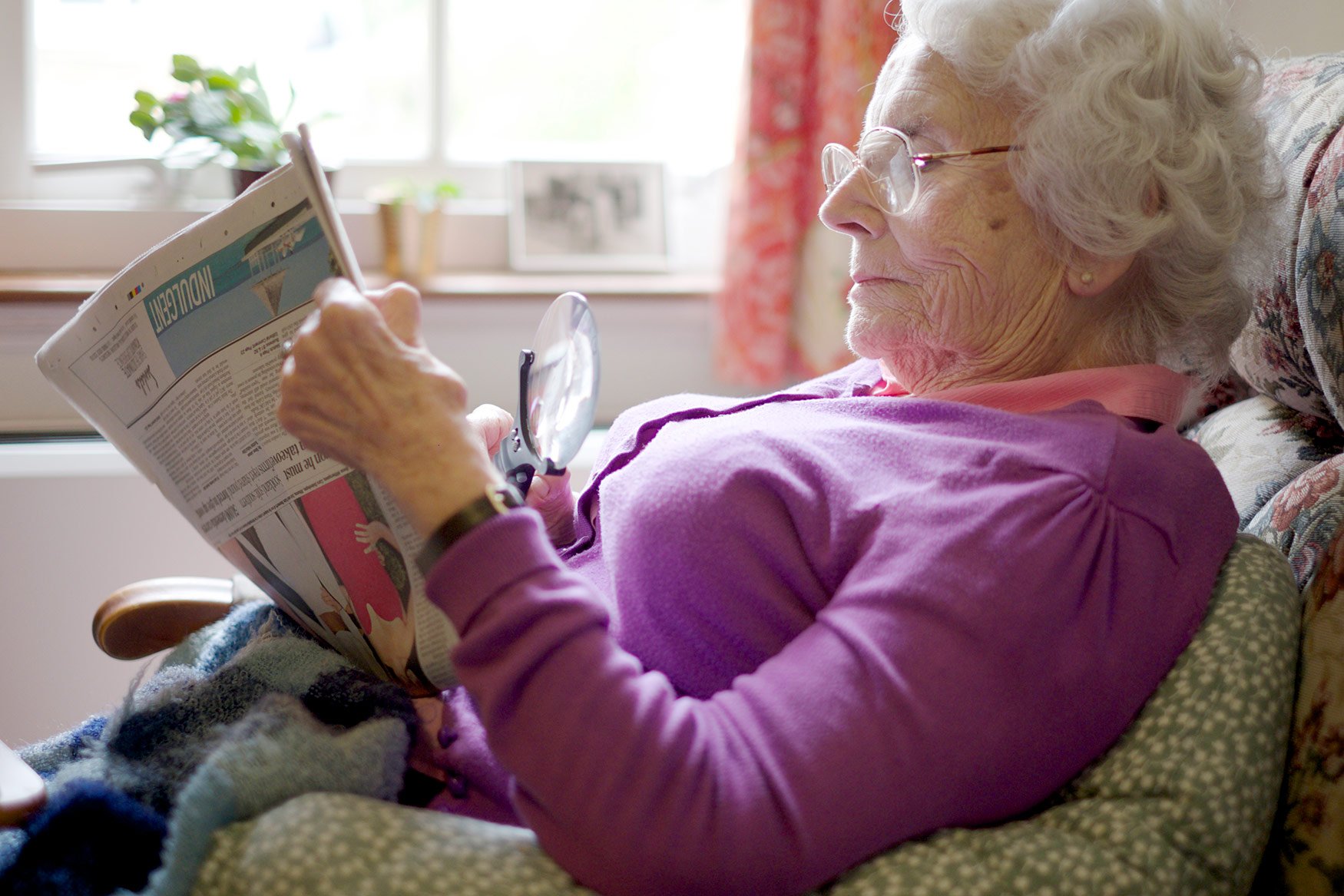
Faith & Dementia
Projects
People of all Faiths have come together to establish how we can work together to make life easier for people with dementia and their carers as part of the “Reframing Dementia Project”.
Dementia mainly affects old people towards the end of life. Caring for this generation is increasingly difficult because of the rising cost of private or state care and the ageing population.
More and more old people are now and will be dependent on families and communities to support them.
Although the project worked with people of all faiths, early work was supported by new ideas from Christian churches. Pope Francis had said that “We must reawaken our collective sense of gratitude, appreciation and hospitality, helping the elderly know they are a living part of their communities…
The elderly person is us. Soon, or many years from now – inevitably anyway – we will be old, even if we don’t think about it.” Pope Francis continued to say that even Christians are influenced by cultures so focused on production and profit, that the biblical exhortations to respect the aged and draw upon their wisdom are being ignored. “We elderly are all a bit fragile,” the Pope said.
Experience has demonstrated that every parish has people with dementia, families who are struggling with it, and people who would like to help but are not sure what they can do that will be practical and make a difference. This project aimed to help people especially where they are poor, sick and alone. It gave support to families who struggling with this problem. It worked by undertaking activities that
Support leaders in the parish, including priests and parishioners to understand the practical implications of old age, frailty and dementia
Provide guidance and where needed training on what kind of support makes a difference, focussing on what you can do within existing resources
Design (from the learning from this process) a resource that can be used in other parishes.
“While we are young we are tempted to ignore old age as if it were an illness to hold at bay,” he said. “But when we become old, especially if we are poor, sick and alone, we experience the failures of a society programmed for efficiency, which consequently ignores the elderly… We want to remove our growing fear of weakness and vulnerability, but doing so we increase the anguish of the elderly, ”
The activity included
1 Workshops exploring some of the following issues
How does the caring work of a church fit in with what we expect from the health and social care system?
How can we reinvigorate our sense of community engagement and support
What skills do we need for that?
What can we learn from the Hospice movement and the re-emergence of “Parish Nurses”?
How can we help with the social embarrassment that may arise when someone is affected by dementia in our church?
What can we learn from previous work on pastoral approaches to suicide, another painful and difficult end of life issue?
How can a church demonstrate that is it welcoming and integrate those who need help?
What practical examples do we know of already eg a welcoming team, an adapted liturgy, physical design of church spaces?
2 Production of a written workbook that can be used by other churches, using the learning from this project.
Copies of the work book can be downloaded from the website
The project leaders were Professor June Andrews and Mr Mark Butler. Professor Andrews FRCN, OBE is an international leader in improving dementia care, who advises on what is practical and makes a difference based on research evidence. Mark Butler works with a wide range of public sector organisations to improve their governance, so that they can focus on performing well, for social purpose. Together and severally they have worked with faith groups throughout the UK and beyond, gaining experience that will be brought to this project supported by a wide range of people.

Other Projects
The Power of Power of Attorney
A Power of Attorney comes in to play at a point in life that can be challenging for all involved.
Dementia the Radical Agenda
The DSDT has been working in Northern Ireland for ten years, and in this film Professor June Andrews and Mark Butler spend time in Belfast talking about what has happened so far, and what still needs to happen.
Take me with you
This story is largely a tribute to the work of the people who work in and who manage care homes.






